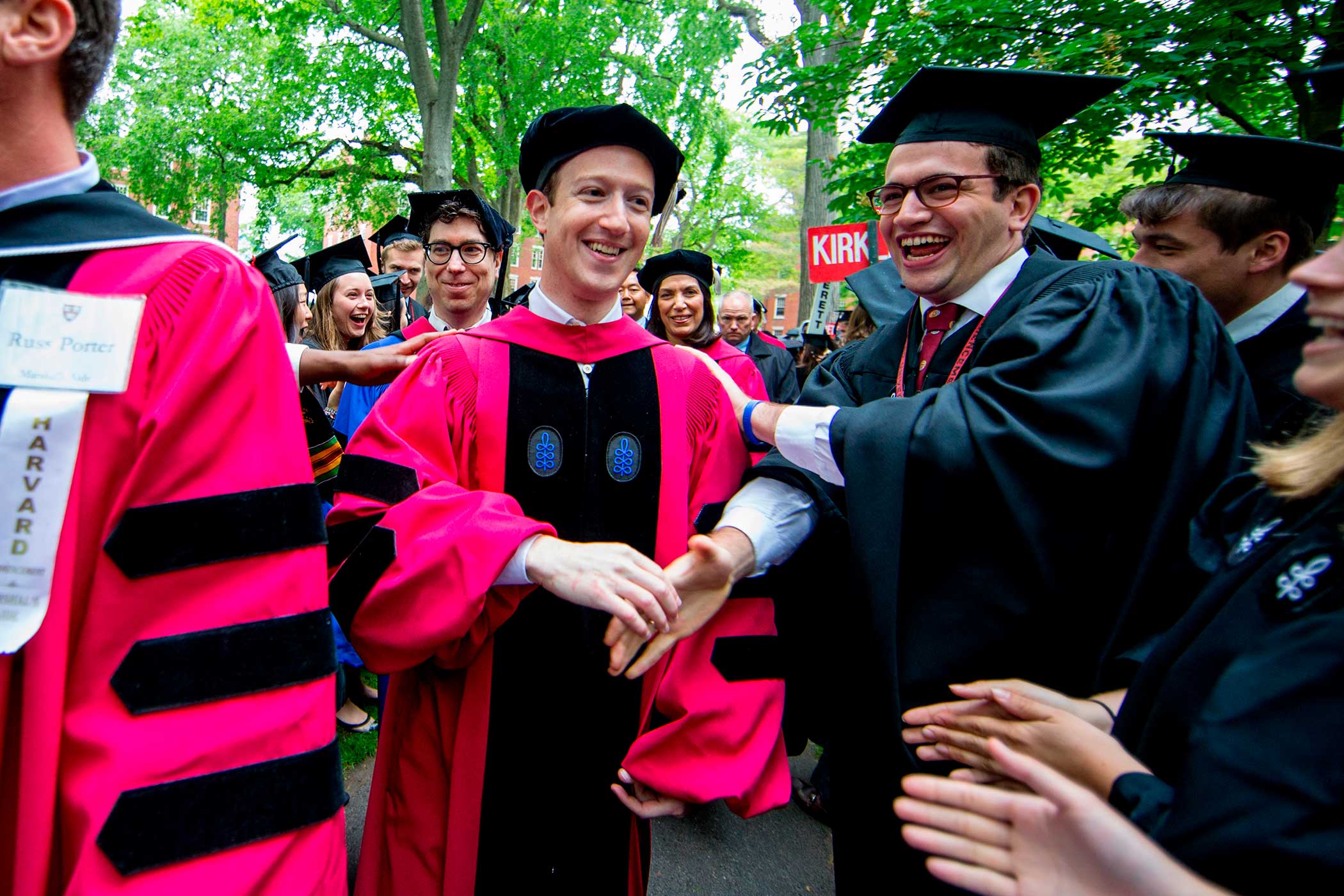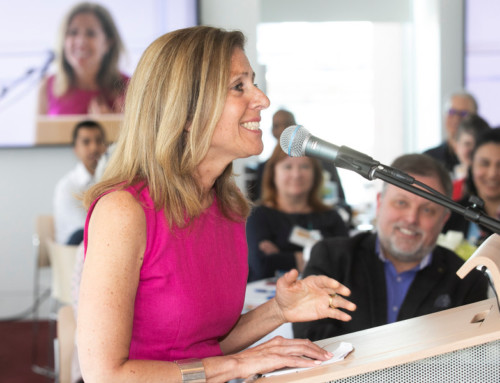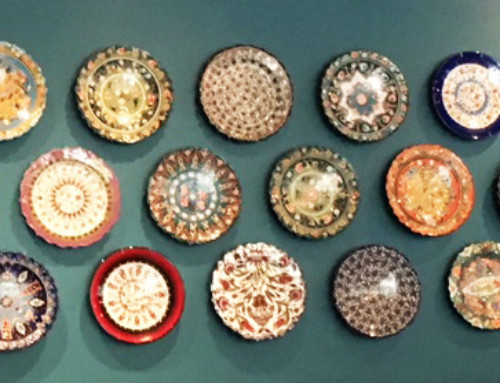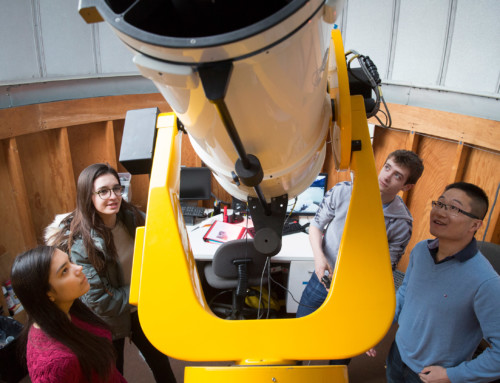“Progress now requires coming together … as a global community.”
By Nina Livingstone
Crossing Harvard Square, I carried my umbrella, mobility cane and wore high heels. (I don’t recommend the high heels if you have sight loss. Instead, stick with sensible shoes when traveling along across brick sidewalks and wading through puddles!) Still, I was among those who braved the rain and mud to sit in Tercentenary Theatre in Harvard Yard and listen to the co-founder of Facebook speak at Harvard University’s 366th Commencement. As a guest of Harvard, I was among alumni, Mark Zuckerberg’s wife, Priscilla Chan, who graduated from Harvard in 2007, and the celebrated Class of 2017. In other words, the seats were filled — wet or dry.
Since my hearing loss was an issue for me, I opted to settle into a quieter place and use my iPhone with a cable, connecting it to my hearing device (I have a cochlear implant). Between the cable and the livestream on Harvard’s main website, the sound and clarity were impeccable, as was Zuckerberg’s message — which came across loud and clear.
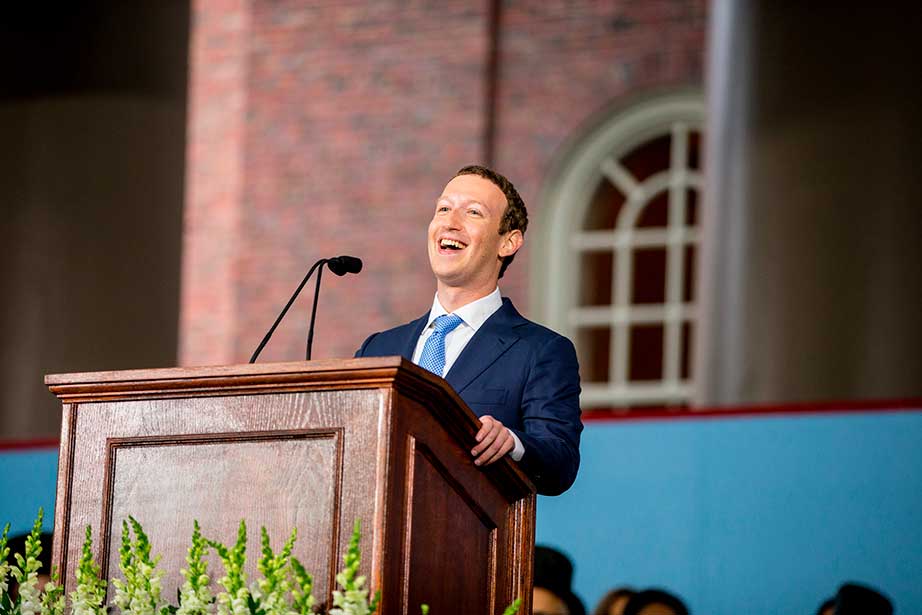
Mark Zuckerberg addressing the Class of 2017 at Harvard University. Photo: Rose Lincoln/Harvard University
Zuckerberg advised graduates to take on meaningful projects together, redefine equality so everyone has the freedom to pursue purpose, and build community across the world.
But it’s not enough to have purpose yourself. “The challenge for our generation is to create a world where everyone has a sense of purpose,” said the co-founder of Facebook.
“I found that out the hard way,” Zuckerberg noted. “You see, my hope was never to build a company, but to make an impact.”
(Zuckerberg created Facebook while a student at Harvard. Although he never graduated, he received a Doctor of Laws honorary degree at the university’s 366th Commencement ceremony.)
“Purpose is that feeling that you are part of something bigger than yourself, that you are needed, and that you have something better ahead,” he said. “Purpose is what creates true happiness.”
“So what are we waiting for?” he asked.
Change starts local. Even global changes start small, he noted. “In our generation, the struggle of whether we connect more, whether we achieve our biggest opportunities, comes down to this — your ability to build communities and create a world where every single person has a sense of purpose.”
You can also give time, he suggested. “I promise you, if you take an hour or two a week — that’s all it takes to give someone a hand, to help them reach their potential.”
“We get that our greatest opportunities are now global — we can be the generation that ends poverty, that ends disease,” Zuckerberg said. “We get that our greatest challenges need global responses too — no country can fight climate change alone or prevent pandemics. Progress now requires coming together not just as cities or nations, but also as a global community.”
Zuckerberg pushed the graduates to consider doing “great things.”
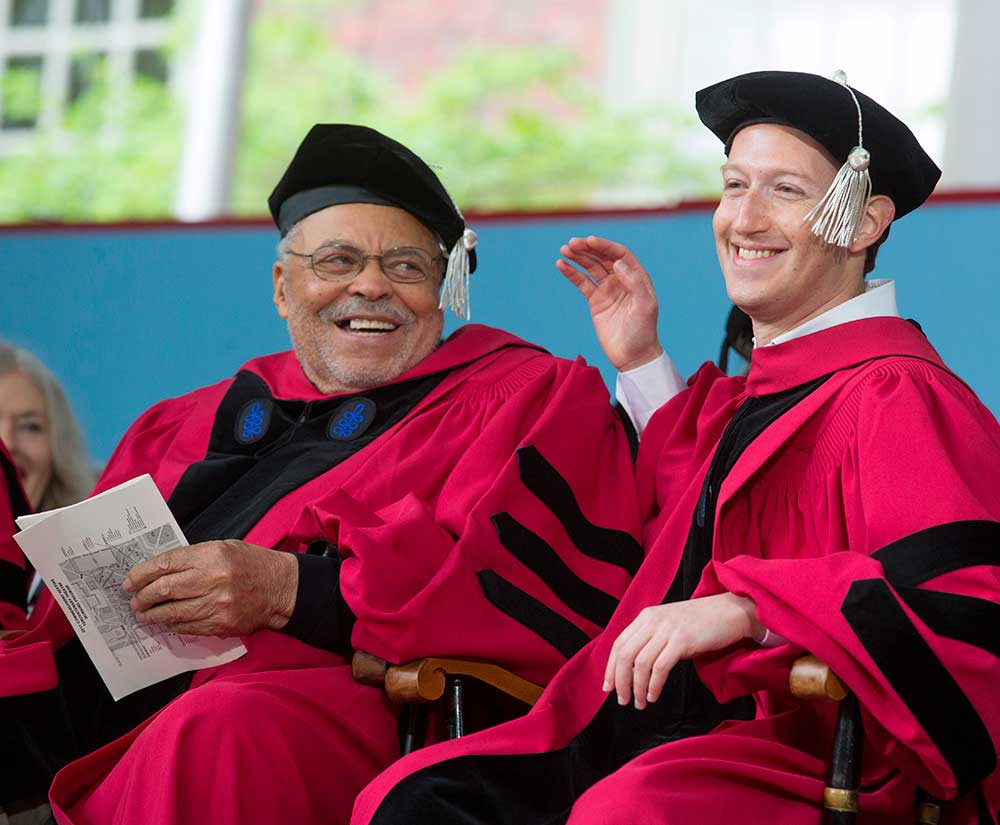
Harvard honorary degree recipients James Earl Jones and Mark Zuckerberg. Photo: Jon Chase/Harvard University
In addressing the issue of wealth, Zuckerberg was quick to look at his own life. “Let’s face it. There is something wrong with our system when I can leave here and make billions of dollars in 10 years while millions of students can’t afford to pay off their loans, let alone start a business.”
Together, Zuckerberg and his wife, Priscilla Chan, have created the Chan Zuckerberg Initiative and committed their wealth to promoting equal opportunity. “These are the values of our generation,” he said “It was never a question of if we were going to do this. The only question was when.”
Nina Livingstone is a Boston-based writer.
